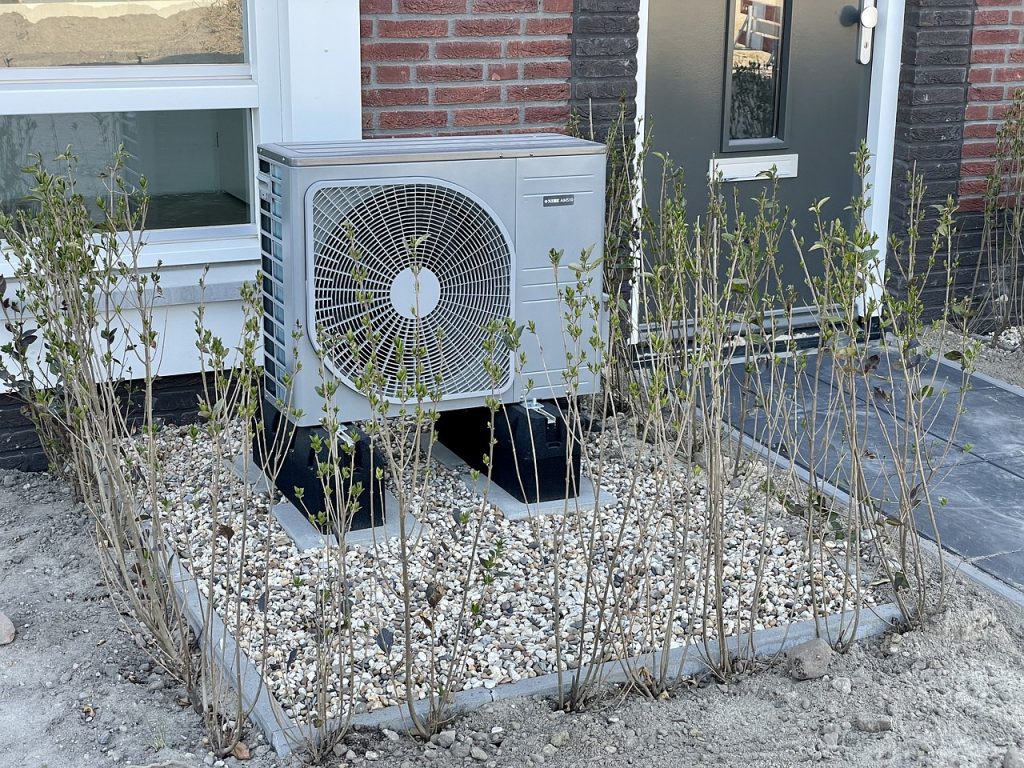Winter is here, and it’s not the time to be dealing with a faulty or inefficient heating system. In colder parts of the U.S., setting up and testing your heating system before fall is crucial. Otherwise, the freezing winter weather can take a toll on you and your household.
But what is the most efficient heating system for your house? Ideally, it will maintain a comfortable indoor temperature throughout the season without draining your pockets.
This article will explore the different types of heating systems that are perfect for residential properties. With this, you can pick the best heating system for your house and stay warm this winter.
How Can I Choose an Efficient Heating System?
When choosing the most efficient heating system, there are a few things to keep in mind. For example, AFUE ratings. While heating is crucial during winter, some heating systems use more energy than others. Therefore, you should pick a system that can warm your house without using up too much energy.
Consider a system with a high AFUE (Annual Fuel Utilization Efficiency) rating. This is a metric that measures the ability of a heating system (furnace) to convert electric, gas, or oil energy to heat energy. It is represented as a percentage, and the higher the rating, the better.
If you come across a heating system with an 85% AFUE rating, it means 15% of the energy is going to waste. On the other hand, a system with a 100% AFUE rating means that all the fuel energy is converted to heat energy and no energy is lost.
Heating systems with an Energy Star label are typically the most efficient ones. This label indicates little to no energy waste when you use this unit. So, your home benefits from efficient heating, and you won’t worry about high energy costs due to excessive waste.
The Most Efficient Heating System
If you’re looking for an efficient heating system for your home, a geothermal heat pump is your best choice.
But why?
Like any other heat pump, a geothermal heat pump uses a free heat source. This type of heating system absorbs heat from the ground or a body of water near your property to heat your indoors. Since the ground and water are heated by the sun, a natural source of heat, you spend zero dollars on fuel.
Therefore, when trying to pick the most efficient home heating system, nothing outranks a geothermal heat pump. What’s more, is that this system can also cool your home during the hot summer. It will absorb the warm air indoors and dump it into the ground, leaving your house cool.
Efficiency is one of the main reasons why many folks prefer investing in a geothermal heat pump.
Essentially, 1 kilowatt of electricity will produce 12000 BTU (British Thermal Units) of heating or cooling on a geothermal heat pump. This is far less than the number of kilowatts you need to produce the same number of BTUs using standard heating systems.
To put it simply, geothermal heat pumps use less energy than traditional HVAC systems to heat the same space. This helps you stay warm and keep your money in the bank.
Geothermal heat pumps have over 300% efficiency compared to other heating systems. However, many people refrain from installing them due to the initial cost. Be ready to spend over $20,000 to install a geothermal heat pump at home.
Still, even with the high initial installation cost, you get a reliable heating system. Plus, it eventually evens out as you won’t have to worry about paying hefty energy bills each winter.
Other Types of Efficient Heating Systems
Apart from geothermal heating systems, there are several other ways you can keep your living space warm during the winter. Some of these options are also quite energy efficient and therefore won’t put a huge dent in your finances.
Note: These units require expert installation to get the best heating results.
1. Furnace
Furnaces are available in three main types: gas, electric, and oil-powered. A gas furnace relies on natural gas to heat the air in your home and give you the desired climate. Warm air is distributed through the ductwork and vents to different rooms. You can use a thermostat to determine how much heat each room receives at any given time.
The most energy-efficient gas furnaces have an AFUE rating of 90% and above. Such systems only waste 10% of energy and use 90% to keep your home cozy.
Electric furnaces are the most efficient heating system of the three. They have an AFUE rating of 100% since they do not lose heat as gas furnaces do during the combustion process. You can identify an efficient heating system by looking for the Energy Star label.
2. Electric Boiler
Are you looking for a heating system that’s 100% efficient? An electric boiler is a great option. This popular heating system involves heating water which is then passed through a pipe network.
The water gets heated and warms your house as it passes through piping systems. Again, you can use a thermostat to set the temperature in your home. This is an efficient heating system and, since electric boilers have a low carbon footprint, it’s also eco-friendly.
3. Ductless Mini Split
Check out ductless mini splits if you have a small space or specific rooms that you want to heat efficiently. These are heating systems that don’t rely on ductwork and vents. So, you can install one with ease and start enjoying comfort in your space.
The good news is that ductless mini splits are also energy efficient, and some have the Energy Star label. These reduce energy waste by skipping the air duct process and heating a room directly.
You should know that ductless mini splits are ideal heating options for areas with mild winters. In extremely cold areas, they might not get enough heat from the outdoors to warm your indoors.
4. Air-source Heat Pump
Have you been thinking about the best way to heat your home during mild winters? An excellent choice is an air-source heat pump. This heating system has a high-efficiency rating, and you can also use it as a cooling system during summer.
The efficiency of this heat pump is measured by COP (Coefficient of Performance). If, for example, a heat pump has a COP score of 5, it produces five energy units per 1 kilowatt.
Like a mini-split heat pump, this heating option absorbs heat from the surrounding air, condenses it through the refrigerant line, and warms your house. However, unlike the mini-split, an air-source heat pump uses a ductwork system to distribute warm air throughout the house.
Conclusion
If you’re looking for a low-cost way to heat your home, you may consider one of these systems this winter. Depending on your budget and living space, some options may be better than others.
If you want a professional opinion on the best heating option for your home, the professionals at Plumb-Tech will gladly assist you. Contact us to book an appointment today.





